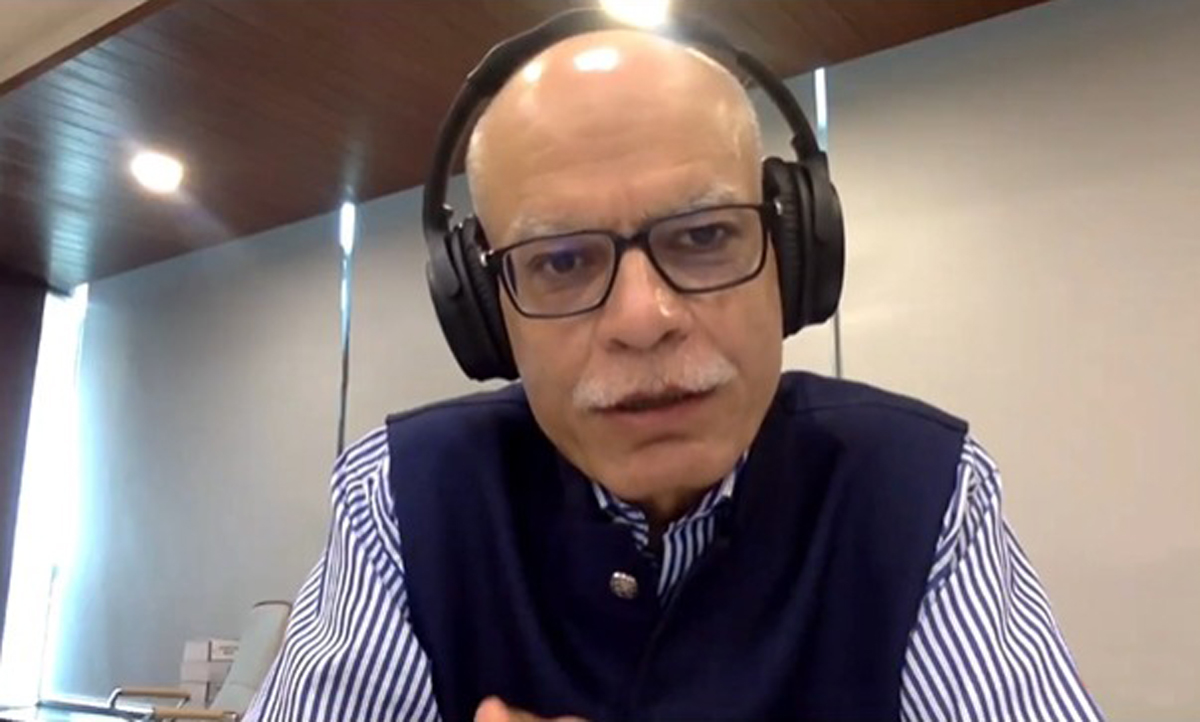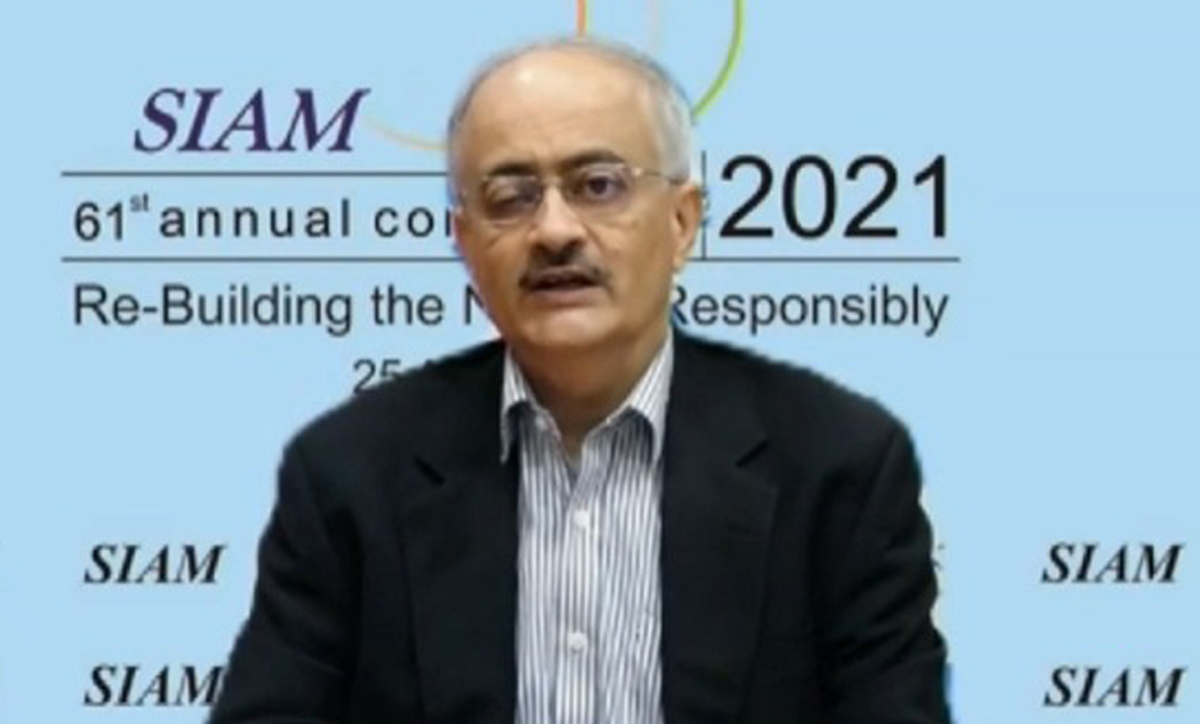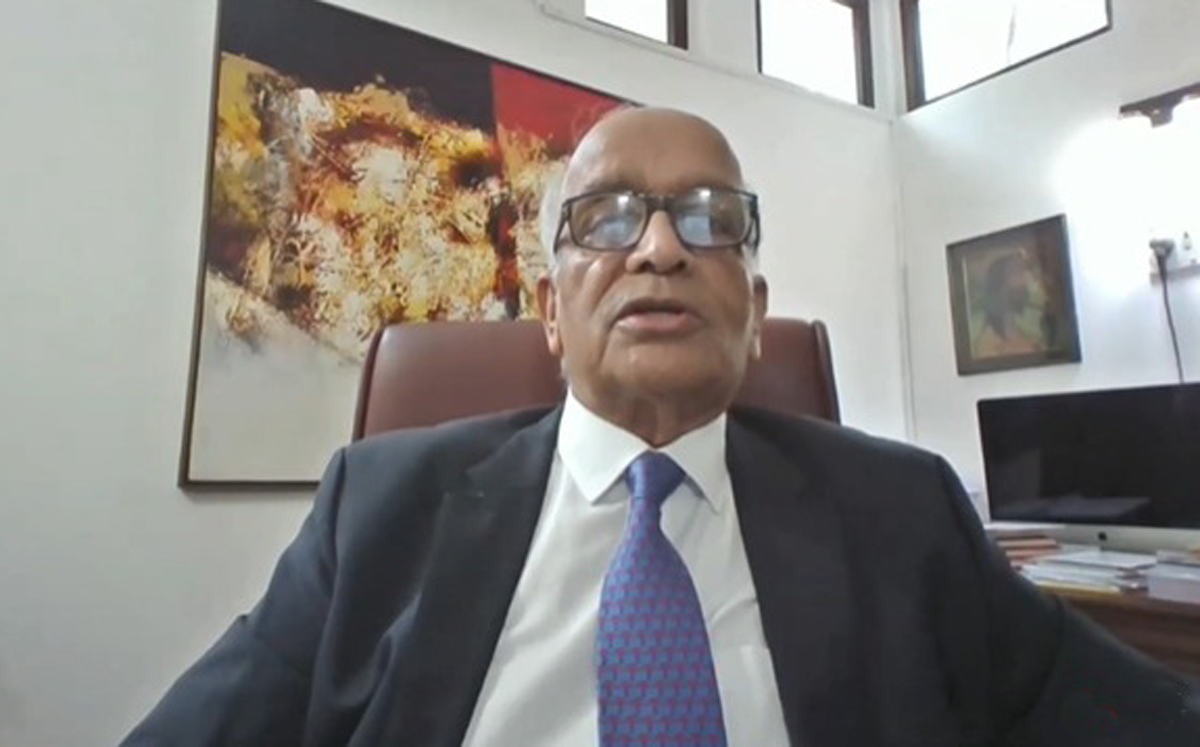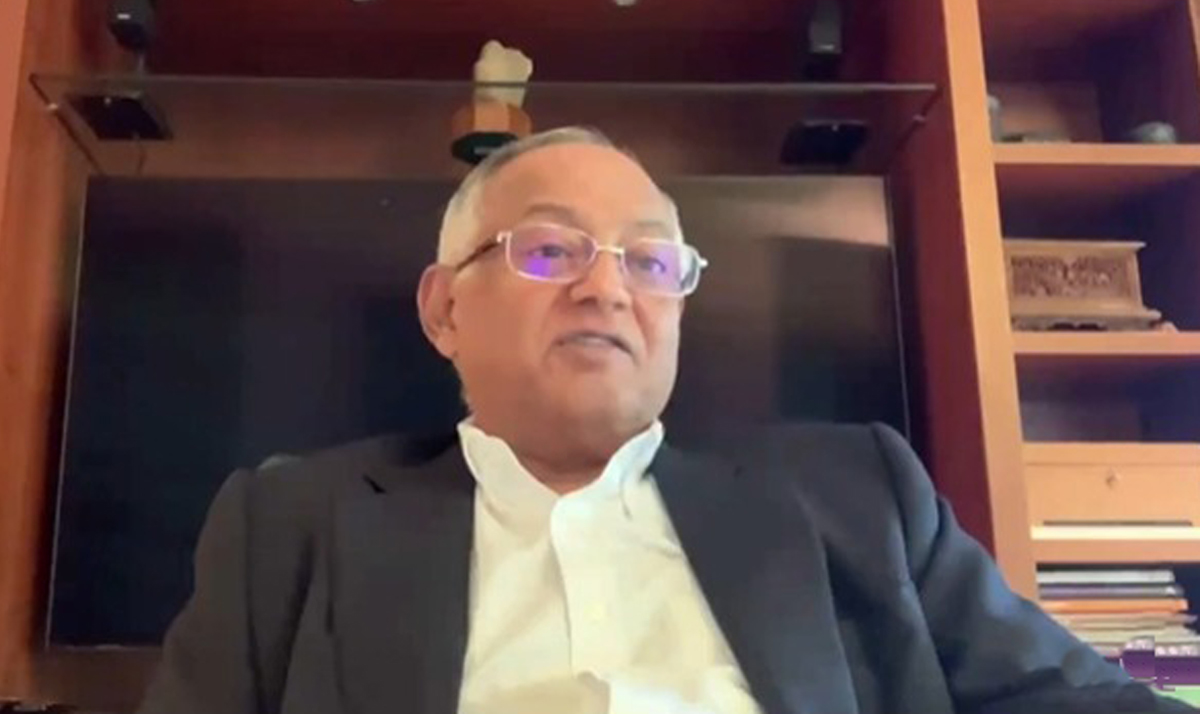Strengthening the discourse on the future of Indian Auto Industry at the 61st SIAM Annual Convention, the apex automobile industry body, Society of Indian Automobile Manufacturers (SIAM) hosted the 2nd special Plenary Session on Outlook of Indian Auto Industry and Its Role in India’s Economic Growth.

The second plenary session was graced by Tarun Bajaj, Revenue Secretary, Ministry of Finance, Government of India, who along with other industry leaders shared insightful perspectives on the revival and future of the automotive industry.
Sharing his vision, Tarun Bajaj said that India’s auto industry’s contribution to GDP and GVA is immense and so is its contribution towards creating job opportunities for people. He emphasized that FY18 and FY19 were good in terms of sales of passenger vehicles, commercial vehicles, two wheelers and three wheelers. He requested that SIAM needs to do a deeper study on the specific impact of taxation on affordability and SIAM should also recommend measures on how the Government of India can work together with all stakeholders for the growth of this industry.

In his opening statement, Vipin Sondhi, VP, SIAM, and MD & CEO, Ashok Leyland Ltd., shared that the sales of passenger vehicles in 2021 is the lowest in 6 years, two-wheeler in 7 years, the commercial vehicle in 11 years and three-wheelers in 19 years. He further said that the growth of passenger segment vehicles is just 3.6% in the last decade compared to 10.3% in the previous decade. Similarly, two-wheeler segment growth was 6.4% vis-a-vis 9.8%; commercial vehicles was 3% vis-à-vis 12.7%; and the three-wheeler segment 3.8% vis-a-vis 9.8%. While highlighting that Indian vehicle taxation is one of the highest in the world, he expressed industry aspiration to go back to double digit growth quickly.

Sharing his expert views on the Indian auto industry, R C Bhargava, Chairman, Maruti Suzuki India Ltd., said: “The people in this country have great aspiration for vehicles. The industry has been witnessing comparatively slower growth in the last 18 months. The government and the industry need to take necessary action collectively to revive the sector. I totally support that Indian customers should get modern vehicles. If we follow all the European standards then the vehicle cost may rise. Our focus should be on how to make the vehicles affordable to the masses. If the affordability factor is addressed, then the Indian auto industry can certainly recover in the short term.”

Venu Srinivasan, Chairman, TVS Motor Company Ltd., said: “We are also facing a crisis of existence as the world is witnessing severe climate change impact. Therefore, India needs to be on the cutting edge of zero carbon emissions. We have to go beyond electrification, move towards a circular economy and look at the life cycle and carbon emissions of future products. While we welcome EVs, the automotive industry would need 100 terawatt hours of power just for EV needs. India needs to recognize the importance of generating extra continuous flow of power in environmentally sustainable ways. We need to do it in an optimal manner where the consumer can adopt change.”
The second plenary session highlighted that the Indian automotive industry requires a conducive environment and clear regulatory and policy support to script a faster recovery in the short term and stronger growth in the long term.